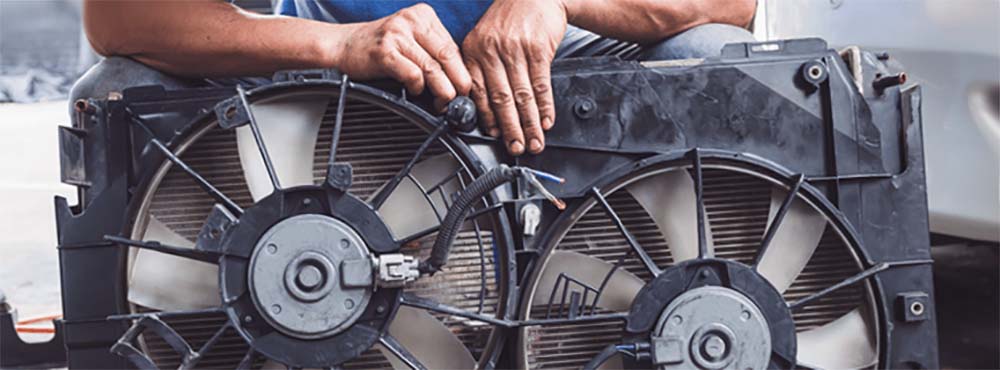The radiator fan plays a crucial role in keeping your vehicle’s engine cool by dissipating heat generated during operation. While some noise is expected when the radiator fan is functioning, excessive or unusually loud noises can be irritating and may indicate an underlying issue. In this article, we will explore the causes of a loud radiator fan, how to diagnose the problem, and the most effective solutions to restore peace and quiet in your vehicle.
Understanding the Causes of a Loud Radiator Fan
There are several possible reasons for a loud radiator fan, ranging from simple wear and tear to more severe issues. Some common causes include debris trapped in the fan blades, a worn or damaged fan motor, misaligned fan components, and loose or damaged fan shroud or mounting hardware. Understanding the potential causes can help you pinpoint the source of the noise and take appropriate action.
Diagnosing the Problem and Identifying the Issue
To diagnose the problem with your radiator fan, first, turn off your vehicle and allow it to cool before investigating the source of the noise. Visually inspect the fan blades for any signs of damage, debris, or foreign objects. Check the fan motor for any signs of wear or damage. Inspect the fan shroud and mounting hardware to ensure they are properly secured and free of damage. Finally, listen for any unusual noises when the engine is running and the radiator fan is operating. By following these steps, you can identify the source of the noise and determine the appropriate course of action.

Implementing Effective Solutions
Depending on the cause of the noise, there are several solutions to quiet a loud radiator fan. If debris or foreign objects are causing the noise, carefully remove them and clean the fan blades. If the fan motor is worn or damaged, it may need to be replaced. For misaligned fan components, adjusting the alignment may resolve the issue. If the fan shroud or mounting hardware is loose or damaged, secure or replace the necessary parts.
Seeking Professional Help When Necessary
If you are unable to diagnose or resolve the issue yourself, it is crucial to seek the help of a professional mechanic or technician. They can accurately identify the problem and recommend the best course of action to fix the issue safely and effectively.
Preventing Radiator Fan Noise
Regular vehicle maintenance can help prevent radiator fan noise and ensure the fan operates efficiently. Keep the fan blades clean and free of debris, inspect the fan motor and components for signs of wear or damage, and ensure the fan shroud and mounting hardware are properly secured. Additionally, when it comes time to replace your radiator, consider researching and investing in the best radiator for Toyota vehicles. A high-quality, well-matched radiator can contribute to efficient cooling and quieter fan operation, thereby reducing the likelihood of fan noise.
Conclusion: Restoring Quiet and Efficiency
A loud radiator fan can be both annoying and indicative of an underlying issue. By understanding the causes, diagnosing the problem, and implementing effective solutions, you can restore peace and quiet in your vehicle while ensuring that the radiator fan operates efficiently to keep your engine cool. Regular maintenance and prompt attention to potential issues can help prevent radiator fan noise and prolong the life of your vehicle’s cooling system.



